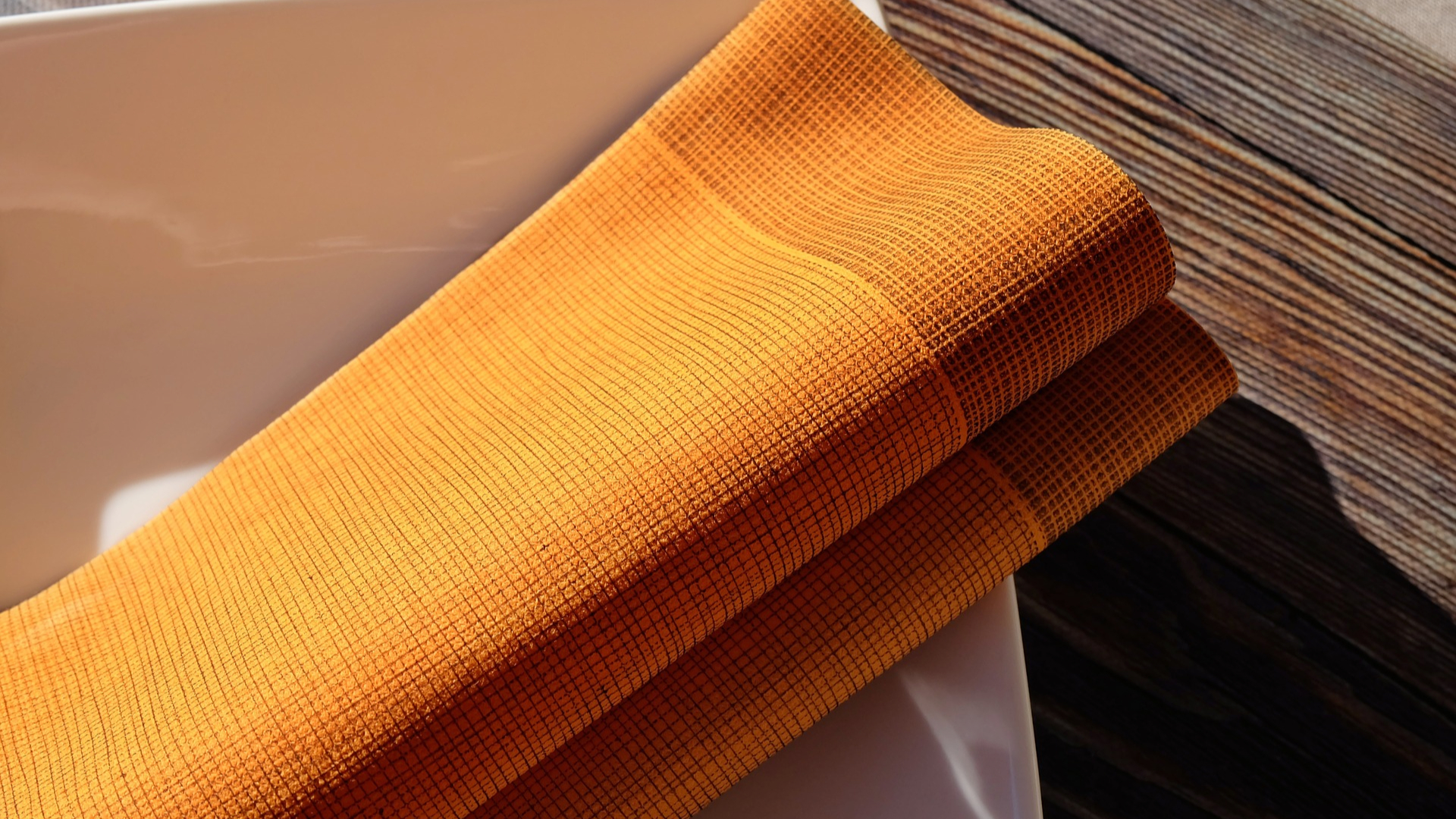

Fabrics Manufacturing
Failure and Root Cause Analysis of Fabrics by FT-IR
In general, defects and damages can occur anywhere in the production chain of fabrics and textiles. Usually the causes are faulty raw materials, problems during production or simply contamination during transport and storage.
However, in order to get to the very root of these causes, FT-IR microscopes are an ideal choice. They analyze fibers, textiles, particles, stains and even coatings on textiles with very little to no sample preparation.
This way faulty areas can be analyzed without cutting or destroying the fabric, saving time, effort and money. Watch our video to learn more or contact one of our experts.
Quality Control of a Synthetic Non-woven Fabric by Raman
Nonwoven fabric is a fabric-type product made of stackable (short) and long fibers. Usually, they are are bonded together by chemical, mechanical, thermal or solvent treatment.
Due to the many process components and steps, continuous quality control is necessary and Raman microscopy can help to analyze such nonwovens in detail.
µ-Raman analyzes in all three dimensions and thus characterizes non-woven fabrics particularly quickly and efficiently. Read more in our application note!
Analyzing Microplastics from textile sources using ISO 4484-2:2023
Textile-derived microplastics are a major environmental concern, shedding from synthetic fabrics into water systems. Our advanced FT-IR analysis ensures precise identification of these particles, fully compliant with ISO 4484-3:2023, the international standard for measuring textile microplastics.
By following the latest scientific and regulatory guidelines, we provide reliable data to support sustainability efforts and pollution control.